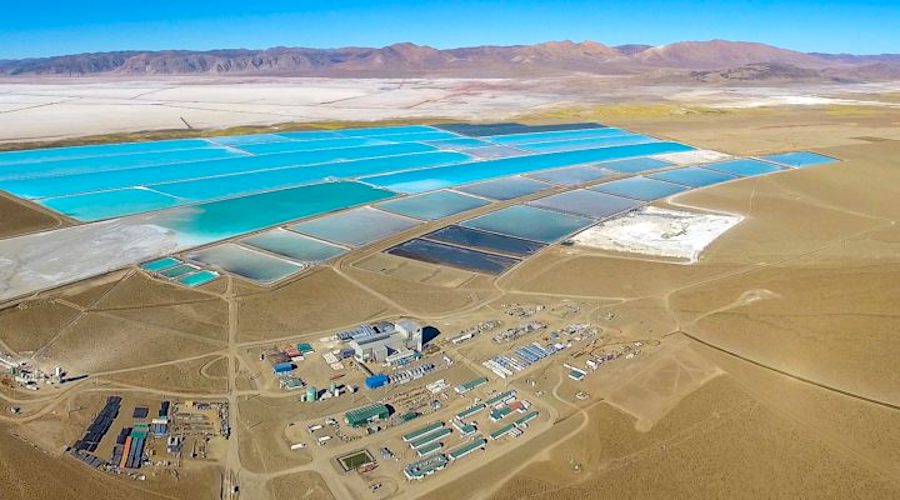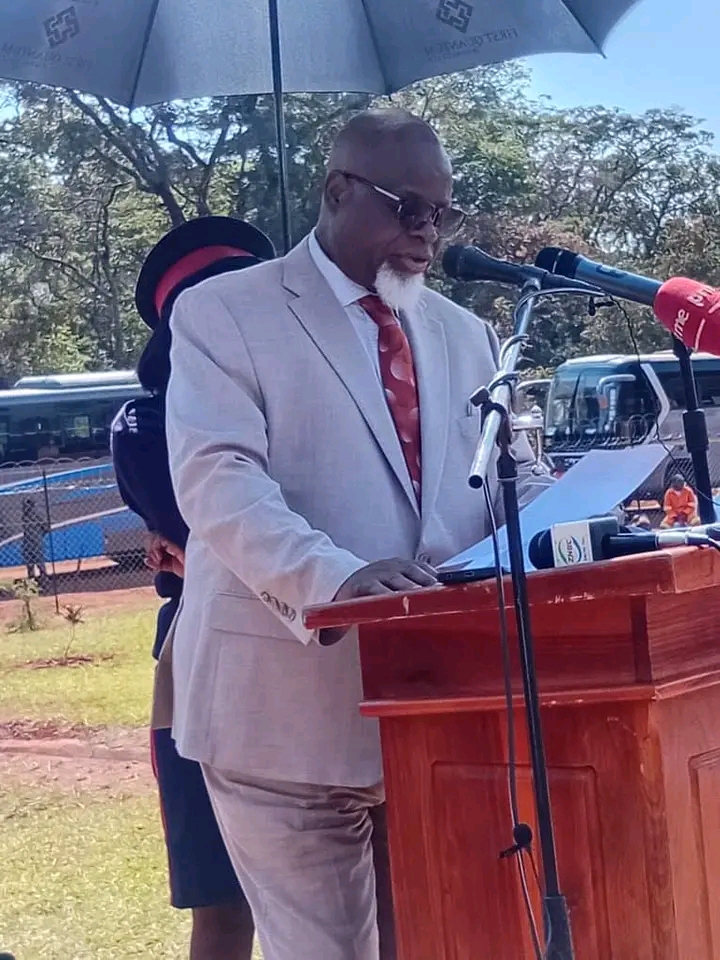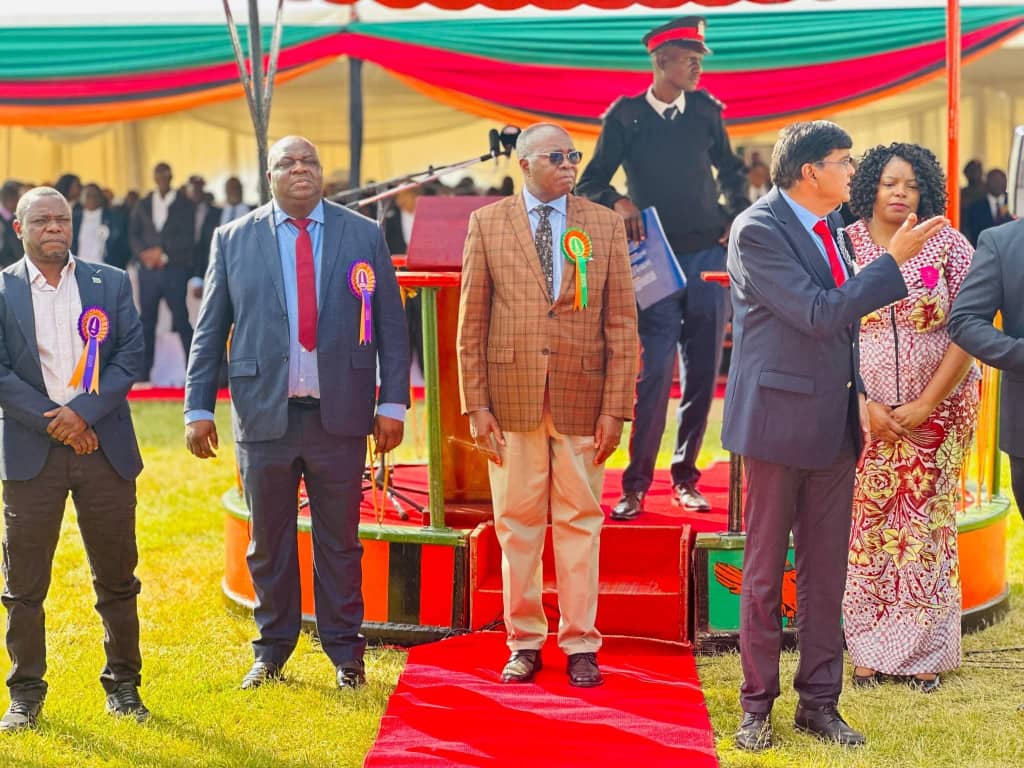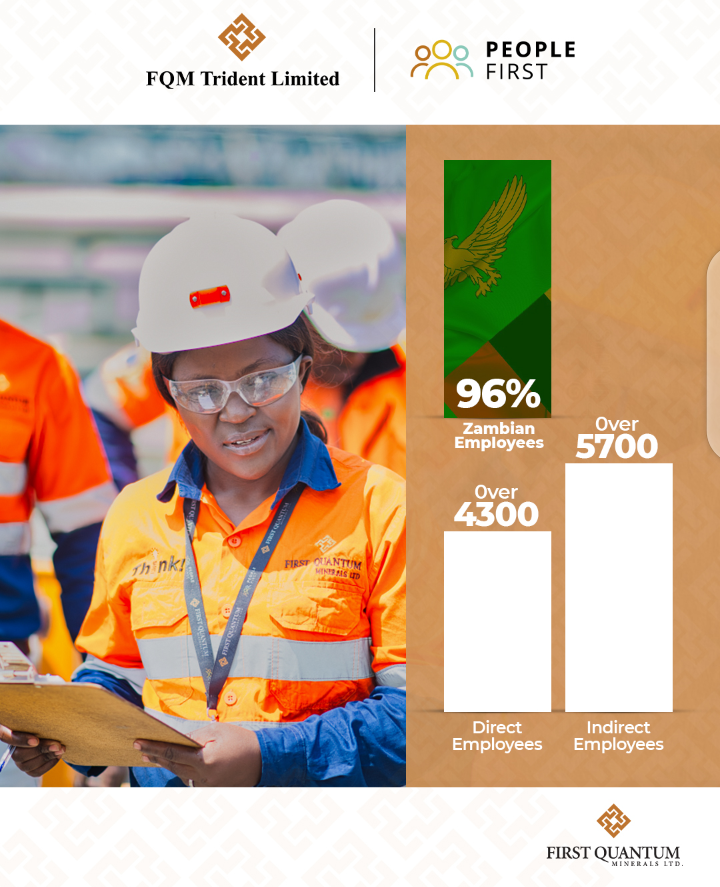(Mining.com)-Lithium firms Allkem Ltd (ASX: AKE) and Livent Corp (NYSE: LTHM) are shaking up the sector by merging to form the world’s third largest miner of the key metal used in the batteries that power electric vehicles and high tech devices, in terms of annual production capacity.
The all-share merger creates a company with a valuation of $10.6 billion and a forecasted production capacity of 248,000 tonnes of lithium carbonate equivalent (LCE) a year, representing about 7% of global mine production in 2023, said battery raw materials analyst at Fastmarkets NewGen, Jordan Roberts.
“Allkem and Livent will combine their highly complementary range of assets, growth projects, and operating skills across extraction and processing under a vertically integrated business model,” the companies said on Wednesday.
Australia’s Allkem produces lithium carbonate from its Sal de Vida mine in Argentina. The operation is near Livent’s Hombre Muerto brines project and the Olaroz lithium facility, which is a joint venture project with Japanese trading giant Toyota Tsusho Corporation (TTC).
Allkem, formed as a result of a scrip merger between Galaxy Resources and Orocobre in 2021, also produces hard rock lithium in Australia and has a chemical conversion facility in Japan.
US-based Livent has brine production in Argentina, a hard-rock based lithium project in Canada, and lithium refineries in the US and China. The company also has a supply agreements with various US-based automakers, including General Motors, Tesla, and BMW.

Livent chief executive officer, Paul Graves, will take the top job at the new entity while Allkem’s director Peter Coleman will become the chairman. No role was announced for Allkem’s CEO Martín Pérez de Solay.
The company, to be based in North America, will be primarily listed on the New York Stock Exchange and seek inclusion on Australia’s benchmark S&P/ASX 200 index.
Canada and Argentina to benefit
As part of the “merger of equals”, set to close by the end of 2023, Allkem shareholders will take 56% of the company and Livent shareholders will own 44%.
“As a combined company, we will have the enhanced scale, product range, geographic coverage, and execution capabilities to meet our customers’ rapidly growing demand for lithium chemicals,” Graves said in the statement.
Livent has previously talked about plans to expand offshore to meet surging demand from electric vehicle makers, saying that it was assessing lithium assets in Canada and other countries to boost its capacity.
“We see Canada as a core part of our expansion capacity. We have to get bigger. We can’t just sit still,” Graves said in a November interview.
Allkem gets the lion’s share of its profit from its Mt Cattlin mine in Western Australia, but it has flagged growth plans in Argentina and at the James Bay spodumene project in Canada.
One of largest, most resilient
“With a combined portfolio spanning from extraction to chemicals over multiple jurisdictions and resource types, and a healthy pipeline of expansions and greenfield projects, it will be one of the largest and most resilient lithium producers globally by the end of the decade,” Fastmarkets NewGen’s Robert said.
The consolidation also enables the sharing of know-how, the analyst noted. Livent has been a leader in Direct Lithium Extraction (DLE) production, which it has used for 15 to 20 years.
“Allkem’s brine operations will now be able to benefit from this and Livent’s interest in Nemaska Lithium will be able to benefit from Allkem’s hard rock expertise”, Robert said.
Australian lithium miners have been fending off takeover approaches this year. In March, Liontown Resources (ASX: LTR) rebuffed a $3.7 billion (A$5.5bn) buyout bid from Albemarle, and has turned down two previous offers by the US producer since.
The wave of deals in lithium sector comes as prices of the battery metal fell by more than 50% from almost $90,000 per tonne at the end of 2022 to about $24,000 per tonne in April, on weak demand from the Chinese EV sector, according to Benchmark Mineral Intelligence.
Prices have recovered over the past few weeks and are now above $26,000 a tonne. While the drop has been dramatic, Benchmark analysts note lithium prices were only about $10,000 a tonne before the covid-19 pandemic hit worldwide markets.









